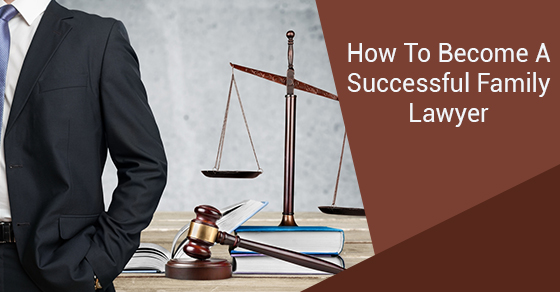Family attorneys advise clients and represent them in a court of law for any legal issues that affect families, including divorce, division of assets/liabilities, custody, child support, spousal support, adoption, child neglect and dependency, and protection from abuse, among others.
Career training courses in family law can lead you to a rewarding profession where you not only advise your clients on their legal rights, but also guide them through one of the most difficult times in life. Moreover, job opportunities in this legal field are growing for two key reasons: first, more couples are getting divorced, and second, there is a high turnover in this field, because many individuals get overwhelmed by this kind of work.
Requirements for a Successful Career in Family Law
As rewarding as it can be to guide your client through a stressful period, the job can be very challenging when one or both parties are trying to hurt the other. In fact, there is no typical day to look forward to in this profession. New problems arise daily, from one party withdrawing from a joint account, to disagreements on custody over certain holidays, to missed custody exchanges. You need to be flexible, as well as an excellent communicator, to resolve issues before they escalate.
Generally, you spend your days preparing pleadings for court, drafting correspondence, negotiating small issues, going to court for hearings and motions, and returning phone calls. You can expect to spend some time in court hearings, usually between ten minutes and two hours, with occasional trials that go on for several days. You need to have exceptional time management, negotiation, and litigation skills. Counselling skills will also come in handy to enable you to objectively help your clients, who will most likely be suffering emotionally.
Your cases will also involve financial matters, so a basic understanding of finances and accounting is necessary for when you need to advise your client or present financial materials to the court. Of course, your oral and written communication skills must be outstanding. Family law involves a lot of interactions with clients, court personnel, opposing counsel, witnesses, judges, and so on. You need to effectively communicate with these parties.
How to Become a Family Lawyer
If you believe that you have the qualities of a family lawyer, you should take career training courses in law school, specifically in family law. To prepare yourself for real-world challenges, you should intern at organizations that offer family legal services.


